Introduction
Abdominal pain can be a symptom of many different medical conditions, ranging from minor problems that resolve on their own to serious illnesses that require immediate medical attention.Most causes of abdominal pain are not life-threatening and can be treated successfully without hospitalization. However, severe abdominal pain may indicate a serious condition such as appendicitis or pancreatitis (inflammation of the pancreas).Prompt medical evaluation is important in order to prevent these more serious complications.In this article, we discuss the most common causes of upper abdominal pain and when it’s best to seek a medical evaluation.

Indigestion
Indigestion is a common digestive complaint, but it can also be serious.If you have indigestion, you may experience pain in your upper abdomen that often begins after eating and feels worse when lying down or bending over.Other symptoms include burping, heartburn (a burning sensation behind the breastbone), and an uncomfortable feeling of fullness after meals.Indigestion usually comes from eating too much food or from overeating, but other causes include:
- Eating too fast
- Not chewing food well enough before swallowing
- Drinking too much alcohol before bedtime or consuming alcohol during the day (if this is your habit).

Gastro-Esophageal Reflux Disease & Heartburn
Gastroesophageal reflux disease (GERD) and heartburn are two of the most common causes of upper abdominal pain. That’s because they both involve acid from the stomach traveling up into your esophagus, causing irritation.Gastroesophageal reflux disease (GERD) occurs when digestive juices that should stay in your stomach come back up into your esophagus, which is the tube connecting your mouth to your stomach.When this happens, you may experience a burning sensation in your chest or throat called heartburn. The longer you have GERD and don’t treat it, the more likely it is to cause serious complications over time.How GERD causes chest pain:The main symptom of GERD is heartburn, which is a burning sensation that typically starts behind your breastbone and moves up to your neck and throat.You may also feel like you have food stuck in your throat or tightness in your chest.This feeling can last for several minutes or a few hours.It tends to get worse at night when lying down after eating, or after drinking certain beverages such as alcohol.

Peptic Ulcer
Peptic ulcers are one of the most common causes of upper abdominal pain. They’re usually caused by a bacteria called Helicobacter pylori, which can lead to symptoms such as pain, nausea, vomiting, bloating, and indigestion.Ulcers can be either superficial or deep-the latter is more painful and may require surgery to treat.Keep a journal about what you eat and drink to see if there’s any correlation between your stomach pain and what you’ve consumed.When Should You See a Doctor?Sometimes, upper abdominal pain is caused by something simple like eating too much or drinking alcohol. But if you continue to experience pain for more than two days straight without any improvement, then it might be time to see your doctor for further evaluation.

Inflammatory Bowel Disease (IBD)
Inflammatory bowel disease (IBD) is a chronic inflammatory disease of the intestines that causes long-term inflammation, ulcers, and/or thickening of the digestive tract. IBD is a group of disorders that includes Crohn’s disease and ulcerative colitis. Both types of IBD cause inflammation in parts of the digestive tract, but they affect different parts:Crohn’s affects any part from the mouth to the anus; it can also affect other areas outside the gut such as joints or eyesUlcerative Colitis affects only your large intestine (colon) IBD is a common cause of abdominal pain and cramping in children and adults. It can also cause diarrhea, bleeding from your rectum, and weight loss.

Gall Bladder Disease
Gall bladder disease is one of the most common causes of upper abdominal pain, and it’s also one of the most preventable. In fact, you could say that gallbladder disease is the result of an unhealthy lifestyle: obesity, diabetes, heavy alcohol consumption, and smoking are all risk factors for developing gallstones. Symptoms include nausea and vomiting (usually on an empty stomach), as well as a sharp pain in your upper abdomen or back just below your ribs.The sharp pain comes from bile backing up into your liver when one or more stones block its flow through the bile ducts in your liver. A doctor will diagnose this condition by performing a physical exam and confirm it by imaging tests such as ultrasound.Treatment usually involves removing the gallbladder, a procedure known as Cholecystectomy, which currently is done as a Minimal Invasive procedure, Laparoscopic Cholecystectomy. The Gall Bladder can be safely removed without any adverse effects on the body.You can prevent gallstones from forming in the first place by maintaining a healthy weight and staying physically active.Eating lots of high-fiber foods, such as fruits and vegetables, can also help reduce your risk for gallstones.

Pancreatitis
Pancreatitis is an inflammation of the pancreas. The pancreas is a large gland in the abdomen that produces digestive enzymes and hormones.The most common cause of pancreatitis is gallstones, which can block the ducts (tubes) that carry bile out of the liver and into your intestine. The increased pressure in these blocked ducts causes inflammation, which can cause pain in your upper abdomen.Pancreatitis may also be triggered by other factors such as alcohol use, trauma or surgery to your abdomen, infections like mumps or Rocky Mountain spotted fever, and certain medications such as nonsteroidal anti-inflammatory drugs (NSAIDS). Pancreatitis symptoms include sudden intense abdominal pain accompanied by nausea and vomiting around 1 to 3 days after an intestinal illness,which comes on suddenly and lasts for several hours before subsiding over several days without any known cause; fever; jaundice; dark urine with pale stools; yellow discoloration of the skin. Diagnosis: The doctor will examine you and order blood tests and imaging tests such as an ultrasound or CT scan of the abdomen to confirm the diagnosis. Treatment is aimed at relieving pain, reducing inflammation, and preventing complications. This may include intravenous fluids, antibiotics if infection is present, pancreatic enzyme replacement therapy, pain medications, and surgery in severe cases.

Irritable Bowel Syndrome (IBS)
Irritable bowel syndrome (IBS) is a common digestive disorder that can cause abdominal pain, bloating, diarrhea, and constipation. Symptoms may come and go throughout the day. While IBS is not a serious condition, it can be very uncomfortable and affect your ability to function normally on a day-to-day basis. Symptoms of IBS typically begin between the ages of 20 and 30. IBS is more common in women than men, and symptoms can worsen during menstruation or pregnancy. IBS can be treated and managed with lifestyle changes, diet, and medication. It is important to see a doctor if your symptoms persist or worsen.

Stomach Flu ( Viral Gastroenteritis)
Stomach flu (viral gastroenteritis) is a very common illness that causes inflammation of the stomach and intestines. There are many different viruses that can cause stomach flu, including rotavirus, adenovirus, norovirus, and sapovirus. The most common symptoms are nausea, vomiting, and diarrhea. Food poisoning is different from viral gastroenteritis because it’s caused by bacteria or parasites rather than viruses. Foodborne illnesses like salmonella poisoning or botulism are not related to viral gastroenteritis. Stomach flu is a highly contagious illness and can be transmitted by coming into direct contact with an infected person or by eating or drinking food that has been contaminated. It is spread through the feces of an infected person, which might be on the hands, in water, or on surfaces. Once you are infected, it takes about 12 to 48 hours before symptoms appear. If you have other symptoms such as fever or abdominal pain that lasts longer than two days, see your doctor immediately.

Stress / Anxiety / Depression
Stress and anxiety disorders can cause abdominal pain.The pain may be a sharp, persistent sensation that is felt in the upper abdomen or lower back. Other symptoms of stress and anxiety disorders include headaches, chest pain, and muscle aches. If you have these symptoms it doesn’t mean you have an organ problem; it just means that your body is reacting to stress in an abnormal way. Stress-related illnesses are usually treatable with medication, therapy (counseling), or lifestyle changes such as diet and exercise. It’s important to note that stress and anxiety disorders are not the same things. People who suffer from stress often have an excessive amount of worry, while those with anxiety disorders experience fear, panic, or nervousness. Stress can result in physical symptoms like headaches and fatigue, but it doesn’t always cause anxiety. While anxiety may not lead directly to stomach pain, there have been cases where people who have suffered from chronic stress feel abdominal discomfort as well.

Hiatal Hernia
If you’re experiencing upper abdominal pain, your doctor might suspect a hiatal hernia.This is a common type of hernia and occurs when part of the stomach protrudes into the chest cavity through a weak area in the diaphragm. Hiatal hernias are more common in men than women and can cause heartburn or other symptoms.If you have a hiatal hernia, it’s important to keep track of your symptoms so that they do not worsen over time without treatment. What causes Hiatal Hernias?Hiatal hernias are caused by the weakening of the muscles that hold the stomach in place. The exact cause of this weakening is not known, but it’s thought to be a result of age-related changes or chronic coughing and straining during bowel movements. If you think you might have a hiatal hernia, it’s best to see your doctor right away. They will be able to perform tests and determine if you do, in fact, have one. If a hiatal hernia is diagnosed, treatment options include medication and if not responding to medication, then surgery is usually recommended.

Seeking prompt medical evaluation can help prevent serious complications of most of these issues, so don’t wait.
If you suspect that you may have abdominal pain, contact your doctor. The sooner he or she can diagnose the condition and start treatment, the better your chances of a full recovery.
The following are some common causes of upper abdominal pain:
- Stomach flu (viral gastroenteritis)
- Intestinal obstruction due to adhesions caused by previous surgery (for example, appendectomy) or adhesions that develop in the intestines after an infection such as appendicitis
- Crohn’s disease and inflammatory bowel disease (IBD), which involve chronic inflammation of the digestive tract
- Gallbladder disease/stones
If you do not have any specific symptoms but have a family history of serious health issues such as colon cancer or diabetes, seek medical attention immediately. It is also important to seek medical attention if you have experienced severe abdominal pain on multiple occasions in the past several months without a clear cause being found through tests done at each visit.
Conclusion
If you’re experiencing upper abdominal pain, see a doctor.The sooner you get help, the better your chances of avoiding complications.If the pain is persistent or severe, don’t wait for it to go away on its own-get checked out by a physician as soon as possible.

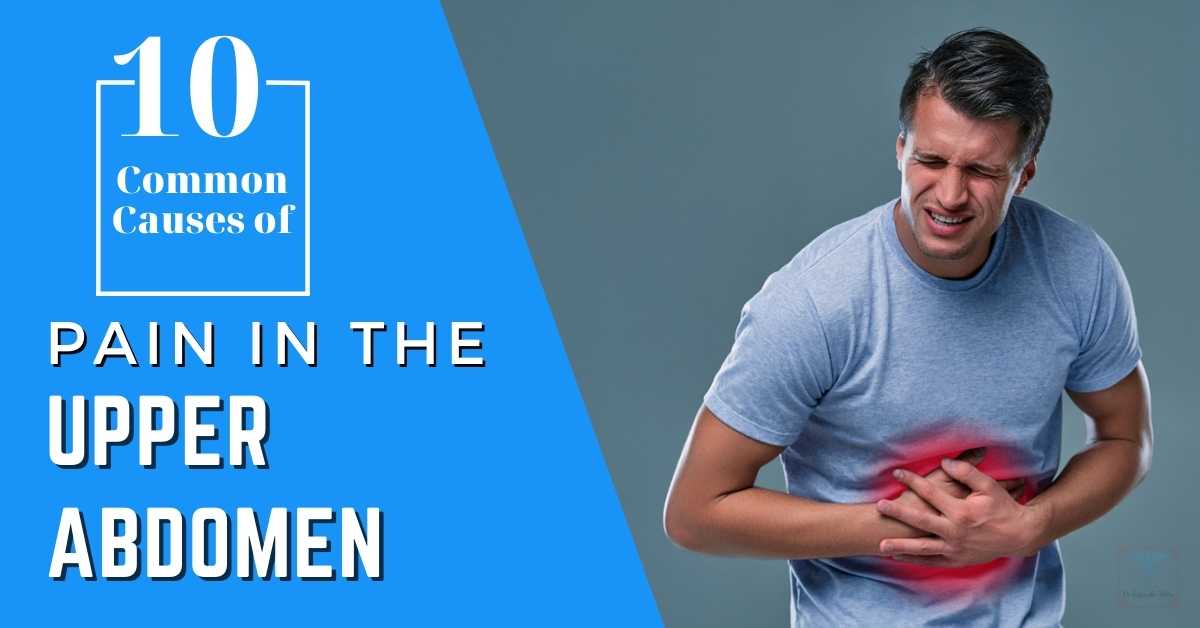


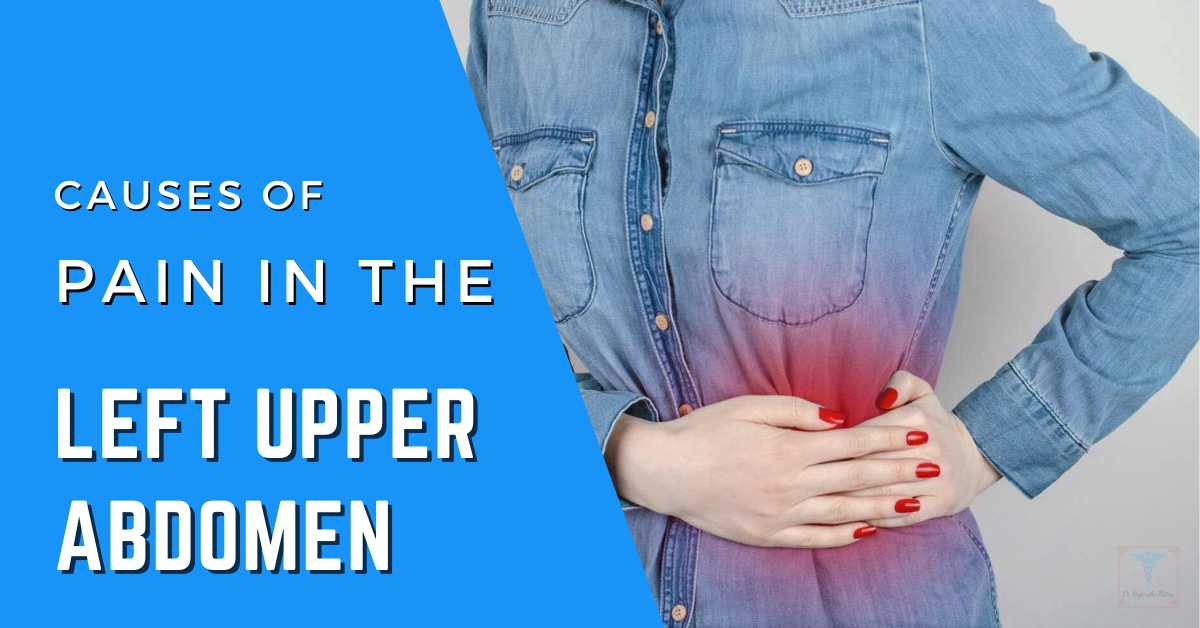


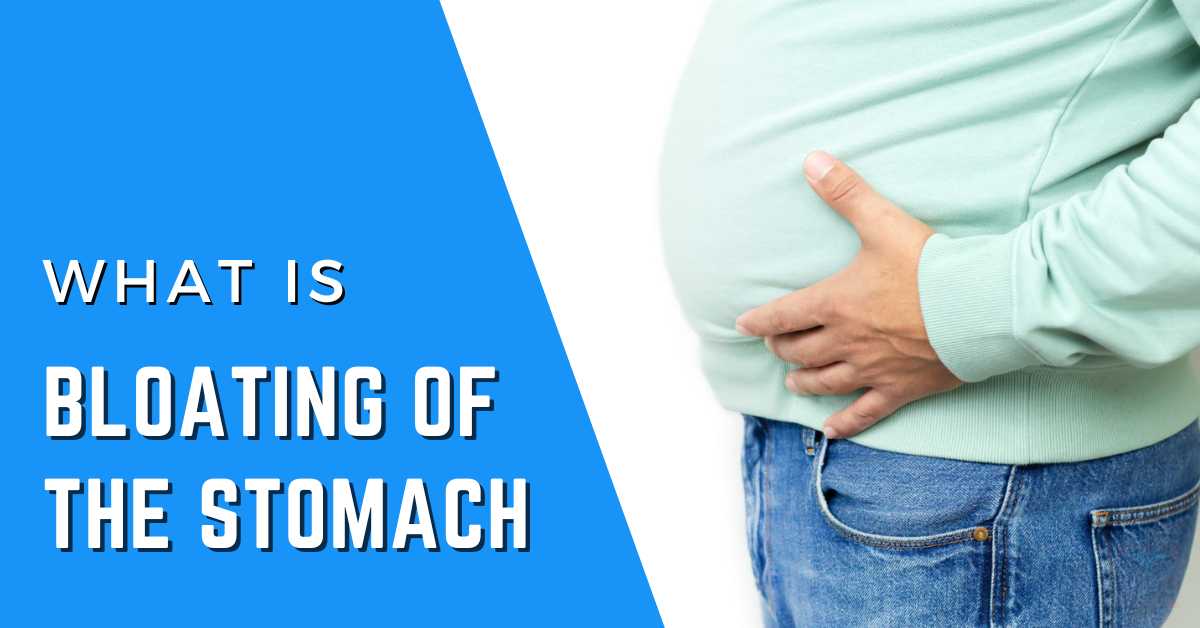
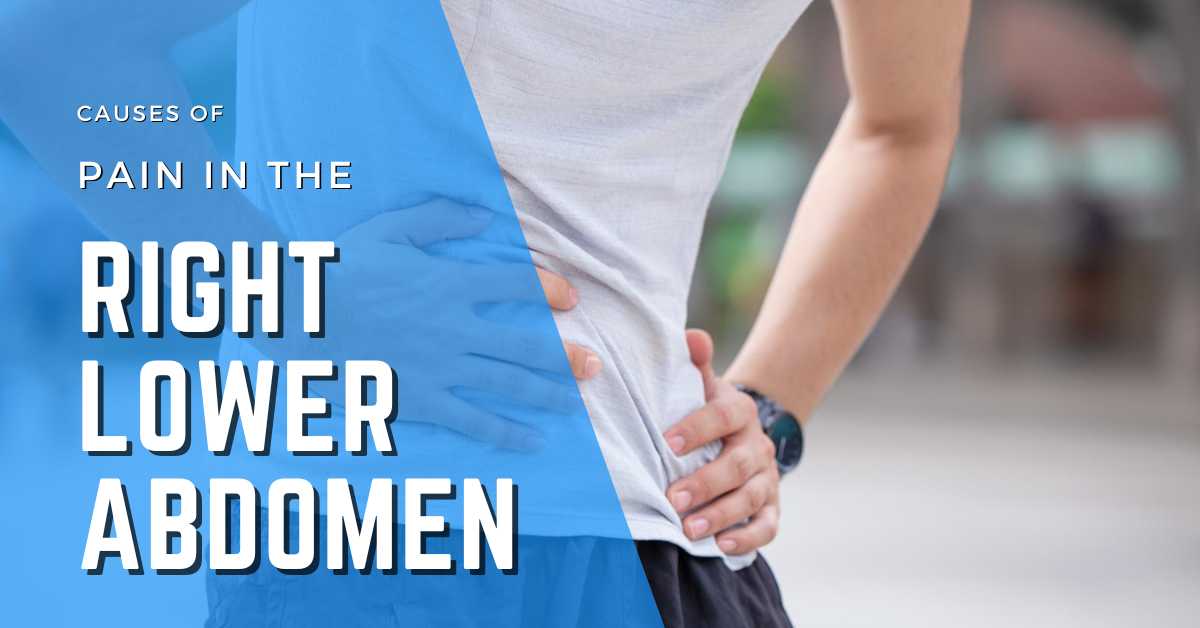
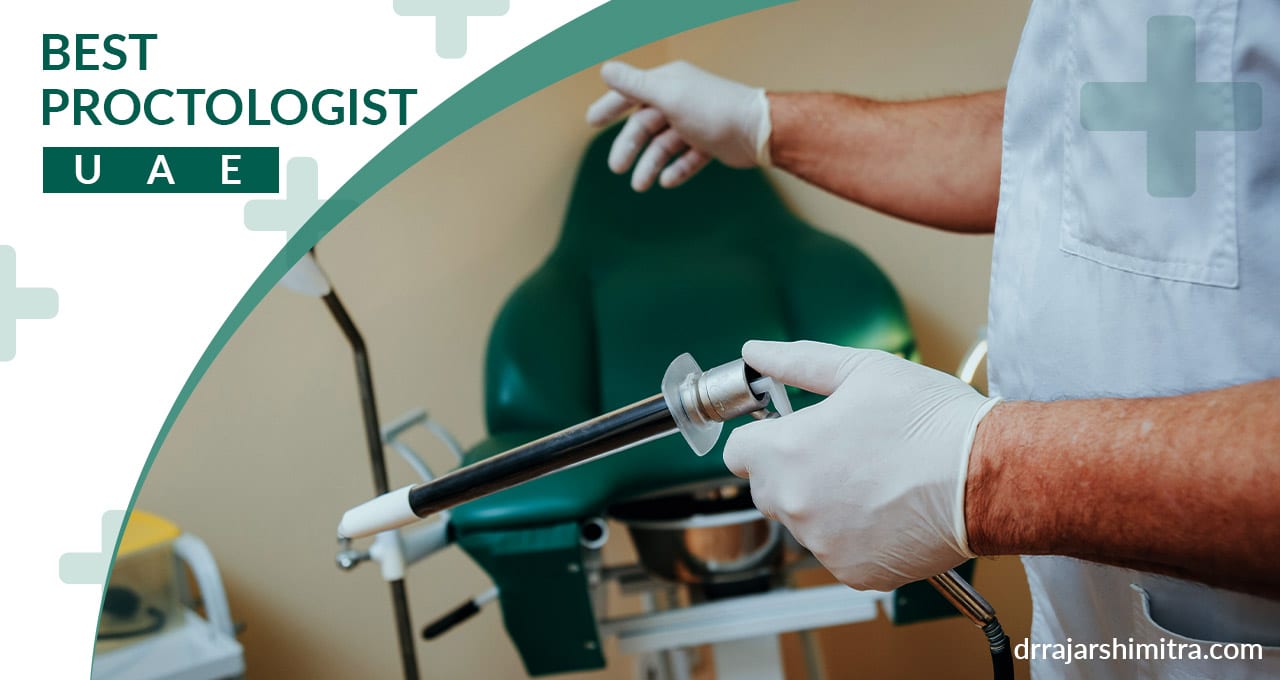









very informative. Thanks for sharing 👍